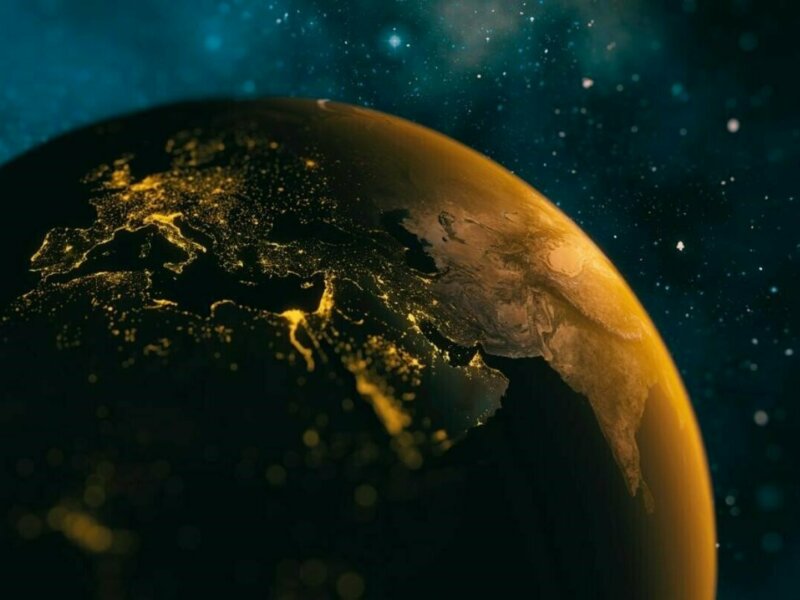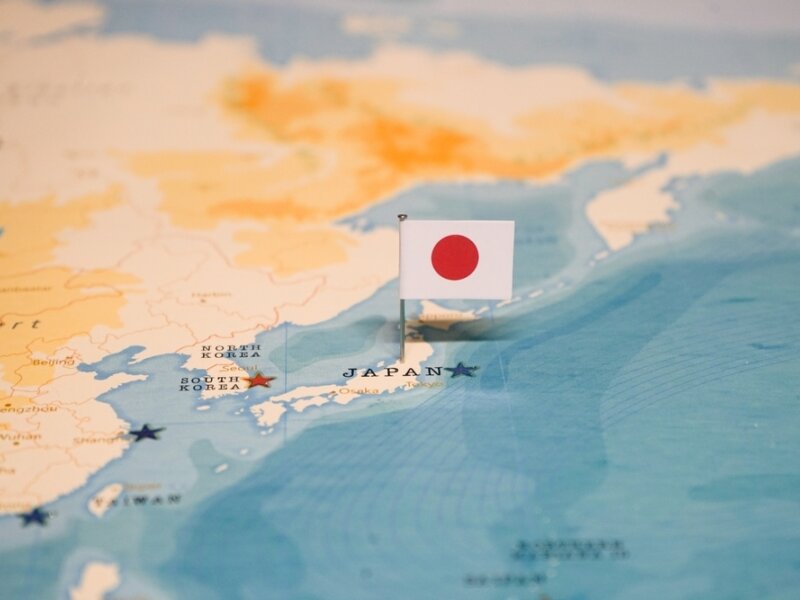Why we need Somalia
After years of positive results, the state building process in Somalia risks to come to a standstill. The unresolved issue of presidential elections is key. Europe and Italy must realize that unless Somalia is saved, the entire Horn of Africa will be lost.

Since 2012 Somalia has committed itself to setting in motion a process aimed at solving many of its domestic problems. The NATO and EU joint missions eradicated the phenomenon of maritime piracy; the African Union forces freed the main cities of central-southern Somalia from Al-Shabaab; regional partners (Turkey, Qatar and UAE) and the international community funded the state-building process and the training of the armed forces, and, most importantly, the birth of federal states that enshrined the implementation of a political framework accepted by the main political and military factions of the Country. In short, between 2012 and 2020 Somalia continued to show some systemic crises, although the overall situation was sharply improving. However, some of those forecasts today have proven to be optimistic.
From a security perspective, the war against Al-Shabaab, the local branch of Al-Qaeda first established as the armed wing of the Islamic Courts Union (ICU) between 2004 and 2006, has become static: the group does not certainly have either the strength or the legitimacy to reconquer the Country as the ICU did in the past, but the same is true for the Federal Government that seems to be unable to turn the inertia of the conflict in its favour. It is in this context that the fight against the Al-Qaeda-affiliated group is influenced by the regional geopolitical context. Ethiopia has decided to redeploy part of its forces on its soil to cope with the Tigray conflict. Kenya is growing impatient over the protracted presence of its armed forces in Southern Somalia - a sentiment that is growing the closer we get to the next presidential elections scheduled for August 2022, which will mark the end of Uhuru Kenyatta's era, an historical turning point that might have strong repercussions on regional and continental balances. Moreover, even ahead of NATO’s withdrawal from Afghanistan, the possibility of a reconciliation between Al-Shabaab and the Federal Government had gained ground under the aegis of Qatar, tried to mediate between the two sides for over a decade. After a standstill due to tensions between Doha and the rest of the Gulf Countries, the possibility of an agreement with Al-Shabaab has regained ground following the reconciliation between Qatar and the other Gulf countries. Although the peace and normalization process of Al-Shabaab in Somalia represents a potential option, the reconstruction of the Somali state has come about also thanks to the formation of highly autonomous federal states that would risk being eroded if Al-Shabaab were to join the government. This is the reason why the international partners that have heavily invested in the Somali state-building process are waiting to be reassured about the elections and the reconciliation between Mogadishu and the federal states ahead of a reconciliation with Al Shabaab.
In particular, there is a growing concern about a potential Islamic radicalization of the Somali political milieu, as well as of a possible spill over of these dynamics into Ethiopia and Kenya – both countries characterised by the presence of large Muslim communities of Somali origins. This ideal two-phases movement (reconciliation with Shabaab and reassurance of the main players within the Horn of Africa) has grown complicated due to several crises that are currently affecting the area especially concerning the civil war in Ethiopia. Somalia’s security framework is particularly complex also due to the overlapping of the military crisis with some humanitarian emergencies. On the one hand, the effects of climate change and the logistical problems related to food supplies because of the conflict with Al-Shabaab, have led to large-scale draught and famine that have jeopardized the food security of the local population, and generated destabilizing political effects. On the other, Somalia is geographically in the middle between the destabilization of the Horn of Africa on the West, and Yemen’s civil war on the East. As a result, the country finds itself encapsulated within two major migration flows with consequent serious difficulties for its federal authorities that lack adequate financial and structural resources to face up to such phenomenon.
Beside the importance of the war against Al-Shabaab and the relations between Somalia and its regional partners, the future of the country has never been so linked to its domestic political dynamics. In an attempt to speed up the process of State reconstruction, the presidency of Mohamed Abdullahi Mohamed “Farmaajo” has marked a shift towards a centralist approach that clashed against the intrinsic characteristics of politics and the federal configuration of power in Somalia as clearly exemplified by the tensions due to the upcoming presidential elections. Somalia already held its Senate elections and is supposed to celebrate the elections to the House of the People by the end of the year. Parliamentary elections have shown some encouraging signs: first of all, from a merely technical point of view, the electoral system built on the clans’ representation continues to be accepted by the Country’s most important interest groups. At the same time, parliamentary representation is becoming increasingly varied (this year Somalia elected highest number of women ever in the senate). However, the latest postponements of the electoral calendar and the inter-party tensions are putting at risk much more than the legitimacy of the elections process, jeopardizing the State building process that federal authorities and Somalia’s partners have been supporting and therefore undermining the credibility of the institutions. In the worst-case scenario, the failure of the Country’s political élites in solving the electoral crisis could exacerbate the disagreements between the government and the opposition, putting the State-building process at a systemic risk.
Because of the relevance of Somalia, its main partners should monitor this transition, if possible, even more carefully than in the past. The Horn of Africa is going through a particularly difficult moment characterised by conflicts and transitions that stretch from Ethiopia to Sudan, and Kenya that will have an impact also within Somalia itself. In this context, it is of the utmost importance to guarantee a national unification process involving the Country’s main players that will necessarily pass through the upcoming presidential elections, as Somalia acts as a barrier to a series of potential crises that would affect also Europe and its partners. It is important to highlight that this hybrid state-building/peace-making process needs to be properly supported also from the financial standpoint, as this aspect risks to be neglected by international partners in favour of new strategic priorities both in the Sahel and in the Horn of Africa, where it is the Ethiopian crisis that gets most of the attention. In brief, the combination of the Somali elections and the stabilization of the region may have crucial regional and international consequences as never before.
The Horn of Africa needs Somalia, Somalia needs Somali, Europe and Italy need both.


